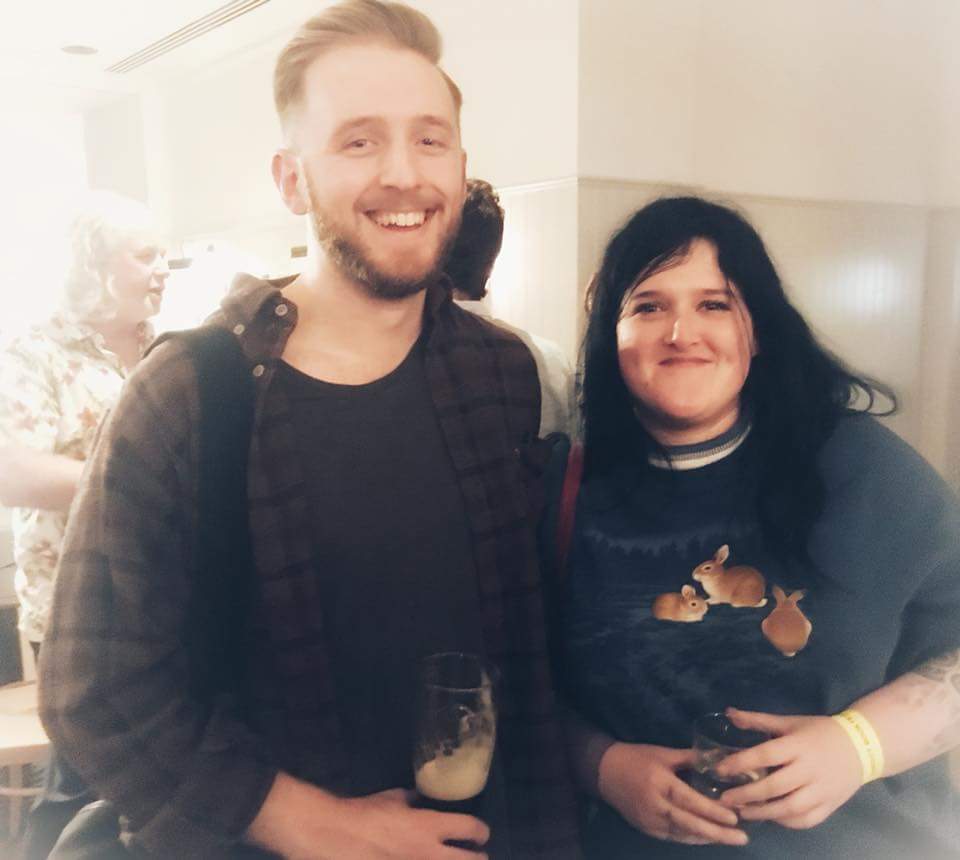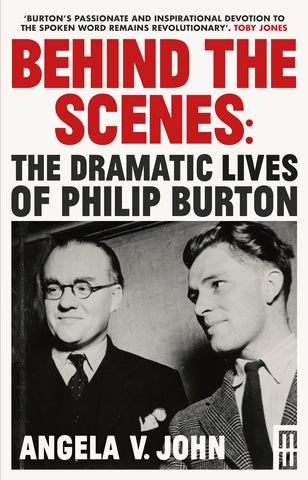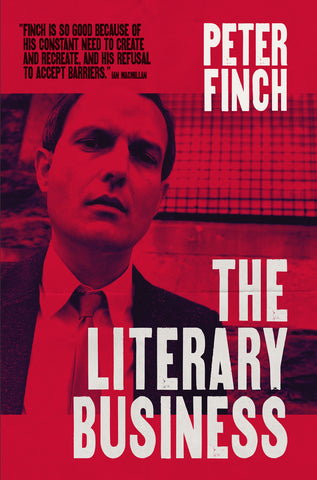by Rhian Elizabeth
As much as I love talking about myself, I thought it would be a good idea to talk about someone else for a change. Rhys Owain Williams is the first of several writers who are going to be contributing in some way or another to this blog.
I first met Rhys a couple of years ago at the Hay Festival. We were both part of the Hay Writers at Work Scheme, this amazing project that sees a group of writers from Wales sent to the festival for 13 days to write, network and, basically, develop professionally.
I liked Rhys straight away. He was a late recruit, joining up with us on the second year of the scheme, but he easily slotted into our group. We drank beer. Lots of beer. We attended events and workshops with famous writers and agents. We listened to each other’s poetry. We sat outside in the Green Room and talked about our collections which were, at this point, just fragmented words in various notepads, half formed ideas in our heads, their front covers like adverts for holidays we could only imagine going on.
I mostly liked Rhys because we had the same sense of humour. He’d share funny stories about the B&B he was staying at and the old lady who ran it, Betty, describing their early morning conversations, her ornaments and her concern for his well-being during his stay. I imagined him sneaking back in the middle of the night, creeping up Betty's stairs like a burglar after one of our group’s drinking sessions at The Old Electric Shop, like Betty was his Nan or something and he didn’t want to disappoint her with his antics.
As well as having a talent for befriending old ladies and drinking beer, Rhys is also a fantastic poet. The nice part about our friendship is that those conversations in the Green Room about our first poetry collections became a reality. We were both offered publishing contracts, at the same time, by the same publisher.
Rhys’ collection is different to mine though, in that he uses a lot of styles and poetic devices. He’s a poet who has clearly worked on his craft for years and that shows – every word counts, every word has been thought out, making an extremely moving and accomplished debut collection.
I’m really looking forward to touring with our books. It’s exciting having a new book out anyway but it’s even better being able to share the journey with someone I know. Rhys has his own launch in Swansea tomorrow (Friday 14 September).
You can buy his book That Lone Ship HERE.
I asked him some questions.
Over and out. X
Tell us a bit about your debut poetry collection, That Lone Ship.
That Lone Ship is a collection of poems written over the last decade or so. I’ve written poetry since I was 18, but I wouldn’t call myself prolific. I seem to have bursts where I’ll write a lot – often with some sort of prompt and/or pressure. One burst was during my time at Swansea Uni, completing a BA in English and then an MA in Creative Writing, so there’s a few poems in That Lone Ship from that time (‘The Pint that Follows’, ‘They Sang Gwahoddiad’, ‘Vetch Field Elegy’ amongst others). Another burst happened a couple of years ago when a friend and I attempted the 52 Project, where you write a poem a week. It was a little too intense for us and we gave up about halfway through, but I’d like to attempt it again – a good few poems in the collection came from that (‘A New Year’, ‘Eglwyswrw’, ‘The Walk to Work’ – again, amongst others). The poems I write outside of these bursts just seem to trickle through.
Can you remember the first poem you ever wrote?
Yes, I can actually – the first poem I wrote outside of the acrostic poems they get you to write in primary school anyway. For A Level English we read The Dead Sea Poems by Simon Armitage and Mean Time by Carol Ann Duffy. Until that point I had hated the poetry we’d studied at school – poems like ‘To His Coy Mistress’ and ‘Upon Westminster Bridge’. They seemed to just be chopped up sentences written in archaic English (though I can appreciate them now). But with Armitage and Duffy I found an accessible ‘in’ that wasn’t immediately there in Marvel and Wordsworth. My class spent most of that A Level year closely reading those two collections, led by a brilliant young teacher who had a real enthusiasm for poetry. One night I was lying in bed and this idea for a poem popped into my head. I couldn’t get to sleep thinking about the lines, so I wrote it down and showed it to that teacher the next day. It was about a young boy getting caught smoking, and wasn’t great, but my teacher encouraged me to write more. He also revealed that he had been similarly inspired by Armitage and Duffy, and had just started writing poetry too. We exchanged poems for the rest of that A Level year, and still do haphazardly now when one of us needs some constructive criticism. He’s a fantastic poet – and coincidentally also has a collection out with Parthian. He probably won’t enjoy this reveal, I think the fact he taught me makes him feel old – but I’m pretty sure it was his first teaching job and my final year of school so he doesn’t need to worry about that!
How much did you enjoy the editing process, someone looking at your work and perhaps wanting you to change certain things?
I really enjoyed the editing process, but I think I enjoy editing poems more than writing them anyway. I find it much more satisfying to sit down with an existing poem and redraft it, as sometimes getting a first draft of a poem down on the page can be a bit of a slog. I might have lines here and there that have come to me in a flash, probably when the poem first suggested itself, and occasionally a stanza might appear fully-formed, but usually the first draft for me is about connecting up fragments. I’m far more comfortable having a full poem to fine-tune. Editing an entire collection was hard work, but I relished it in many ways. It helps that my editor Susie Wild was never forceful in her suggestions. I’m sure there are other editors out there who try to align your style of poetry with their own (possibly subconsciously), but Susie was only interested in working on my poems where they needed to be worked on. Her thoughtful comments improved so many of those included in the collection, and she also helped me knock a few weak ones into a publishable shape too.
I spoke about us meeting as Hay Festival Writers at Work, can you talk a bit about how that experience helped you develop as a writer?
Being accepted onto the Writers at Work scheme was massive for me. Towards the end of 2016, my confidence in my ability as a writer was at a low point. I’d had a fair few rejections that year, and it just felt like someone had repeatedly stamped ‘Not Good Enough’ on my work. I didn’t deal with rejection in a healthy way back then – I realise now that it’s important to find a way to avoid taking it so personally (this LitHub article by Kim Liao on making a game of rejection really helped). So the Writers at Work acceptance came at the right time. It gave me the opportunity to attend masterclasses with established writers, publishers, press and agents, and I regained focus and confidence in my writing. Most important of all though, the scheme introduced me to an incredibly supportive community of writers, and I made friends (I hope) for life. I’d really encourage eligible writers to apply for the scheme next year, the whole experience was just so invaluable. I honestly don’t think I’d have published this book without it.
What poem do you want read at your funeral?
That’s a tough one! Immediately ‘The force that through the green fuse’ by Dylan Thomas springs to mind, but perhaps that would be a little intense for the thousands of mourners who will line the streets of Swansea when the unthinkable happens. I think I’ll go with ‘Inscription’ by Sophia de Mello Breyner Andresen. It’s a short, two-line poem though, only 12 words longer than her name, so perhaps it would be better if it was printed on the order of service.
How does it feel, having your book out there in the world?
It’s odd. I had been waiting for the point when it would begin to feel ‘real’. I thought it might start to sink in when I saw the cover for the first time, or signed off the final manuscript before printing, but those moments came and went. Even holding the physical book in my hands didn’t quite do it. I think last week at the Cardiff Book Festival, the first event I’d done with the book in my hands, was the point when that changed. It’s such an incredible feeling to have someone buy your book after a reading and ask you to sign it for them – I don’t think I’ll ever get tired of that. I’m looking forward to critical reviews coming in for the book too though, to keep my ego in check. I’m too close to these poems to tell if they’re good or not now, so it’ll be interesting to see how they’re received.
A lot of your poems are set in your hometown, Swansea. How has your upbringing influenced your writing?
I love Swansea, and I’m fiercely proud of it as my hometown. However, I hadn’t realised that it had such a large presence in the collection until both Emily Blewitt and Joe Dunthorne mentioned it in their blurb quotes. I suppose the danger of writing about a specific place, especially one that isn’t that well known in worldwide terms, is that you’ll be dismissed as a ‘local poet’. But I think as long as readers can recognise something in that place you depict, even if they don’t know it intimately themselves, then the poem can travel. Nigel Jenkins, my old university tutor and probably the biggest influence on me as a writer, wrote a brilliant poem called ‘Advice to a Young Poet’, published in his collection Hotel Gwales. Sadly Nigel passed away in 2014, so I return to that poem often. He was a fiercely proud resident of Swansea too, though he was a son of nearby Gower, and there’s a telling passage in that long poem that begins with the line: “It may sometimes be there, but here is rarely too small a place.” With that opening line in mind, there’s one that comes later that hits me harder: “What songs, here, await their singing?” It’s a question that’s become ingrained in my thoughts when I sit down to write, and so I suppose it’s no surprise that Swansea has such a large presence in the collection. I’m glad it does too.
Do you enjoy reading your poetry in front of an audience?
A few years ago I would have answered “not at all”, but I am getting used to it. I’ve always hated having to stand up in front of a room full of people and become the centre of attention. Unfortunately for introverts like me, reading your work in front of an audience is a necessary part of being a writer. You can’t really say to your publisher that you won’t promote your book with readings, and even before you have a book out, reading at spoken word events is a really effective way of getting other people interested in your poetry. So, if anyone who’s reading this interview struggles with this performative aspect of being a writer – I’d say it does get easier the more you do it. I still get a bit nervous before a reading, but that’s probably a good thing, and the feeling of achievement afterwards is amazing. I also think that reading a new or recently-redrafted poem in front of an audience is a great way of testing if it works or not, so that’s an aspect of reading my work that I’ve always enjoyed, because it helps me with the editing process (which, as I said earlier, I’m a big fan of).
And finally, Rhys, the most important question:
Who do you think is the better poet? You or me?
Hmmm, another tough one. I think I’m going to have to go with...me.
(I take back all the nice things I said above about Rhys. Don't buy his stupid book)



